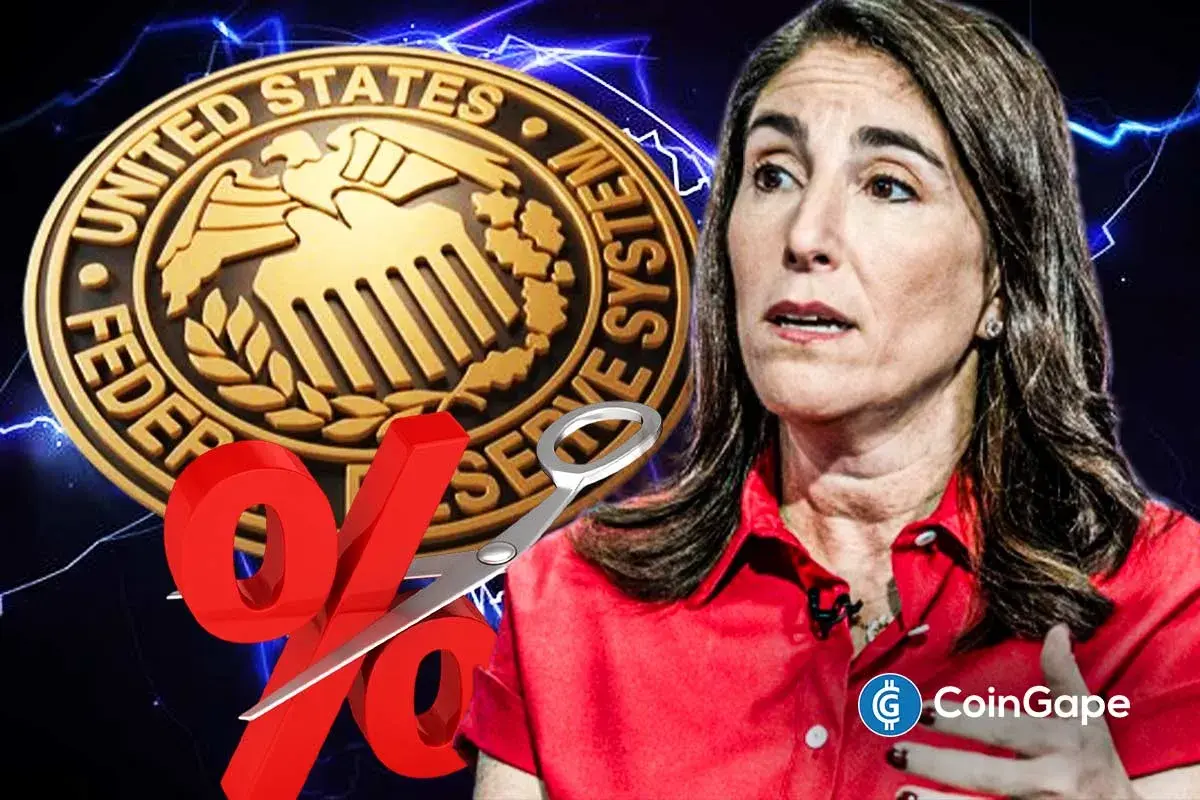Chrome Extension “Bull Checker” Steals Tokens from Solana DeFi Users

Highlights
- Chrome extension Bull Checker had the permission to read and modify user data across different websites.
- The extension also added unauthorized instructions to legitimate transactions.
- Decentralized exchange Jupiter has advised Solana DeFi users to uninstall the extension immediately.
Decentralized trading platform Jupiter Exchange has recently published a detailed report on how Chrome Extension Bull Checker has been stealing tokens from Solana DeFi users over the past few weeks. Over the last week, several users reported losing the tokens leading to a detailed investigation.
Stop Using Chrome Extension Bull Checker
As reported by Jupiter Exchange, the Bull Checker Chrome Extension targeted several users on the Solana DeFi-related subreddits. Besides, it also allowed users to interact with decentralized applications (dApps) as usual, with transactions looking absolutely normal during simulations. However, after completing the transactions, the Chrome extension would maliciously transfer tokens to another wallet without the user’s knowledge.
Thus, Jupiter Exchange confirmed that there’s no vulnerability within the wallets or the dApps themselves, thereby confirming that the issue is solely due to the Bull Checker extension. Although the extension was supposed to be a read-only tool for viewing memecoin holders, it had permission to read and modify data across all websites, a major red flag overlooked by its users. The Jupiter Exchange added:
“After installing Bull Checker, it will wait till a user interacts with a regular dApp on the official domain, before modifying the transaction sent to the wallet to sign. After modification, the simulation result will still be “normal” and not appear to be a drainer”.
“If you have this extension (or similar extensions with extensive permissions you cannot trust), please remove it immediately,” noted Jupiter Exchanges.
Identification Of Malicious Extension
Over the last week, we received reports that a small number of users using Solana DeFi got drained.After extensive investigation, we have identified a malicious Chrome extension called “Bull Checker” that had targeted users on several… pic.twitter.com/pubayfmD9h
— Jupiter 🪐 (@JupiterExchange) August 19, 2024
Targeting Solana DeFi and Memecoin Traders
As per the investigation, Reddit account Solana_OG publicized the Chrome extension that was targeting Solana memecoin traders. This account lured the traders into downloading the extensions with the intent of stealing their assets.
Examples of affected transactions reveal that Bull Checker added malicious instructions to legitimate Jupiter and Raydium instructions, leading to the unauthorized transfer of tokens and authority to a malicious address. DeFi protocol Raydium has verified that at least one affected user was using the Bull Checker extension.
Jupiter Exchange has thus advised users to remove other similar extensions with extensive, untrusted permissions, and thus protect their assets. On the other hand, the CBOE removed the 19b-4 application from its website at the SEC’s request thereby reducing the possibility of a Solana ETF in the market.
- $3.5T Banking Giant Goldman Sachs Discloses $2.3B Bitcoin, Ethereum, XRP, and Solana Exposure
- Why is XRP Price Dropping Today?
- Breaking: FTX’s Sam Bankman-Fried (SBF) Seeks New Trial Amid Push For Trump’s Pardon
- Fed’s Hammack Says Rate Cuts May Stay on Hold Ahead of Jobs, CPI Data Release
- $800B Interactive Brokers Launches Bitcoin, Ethereum Futures via Coinbase Derivatives
- Bitcoin Price Analysis Ahead of US NFP Data, Inflation Report, White House Crypto Summit
- Ethereum Price Outlook As Vitalik Dumps ETH While Wall Street Accumulates
- XRP Price Prediction Ahead of White House Meeting That Could Fuel Clarity Act Hopes
- Cardano Price Prediction as Bitcoin Stuggles Around $70k
- Bitcoin Price at Risk of Falling to $60k as Goldman Sachs Issues Major Warning on US Stocks
- Pi Network Price Outlook Ahead of This Week’s 82M Token Unlock: What’s Next for Pi?
















